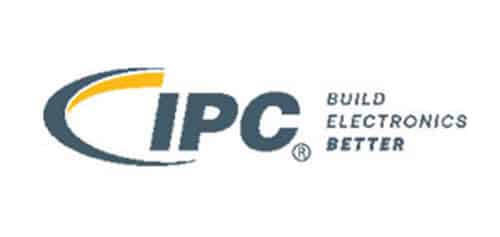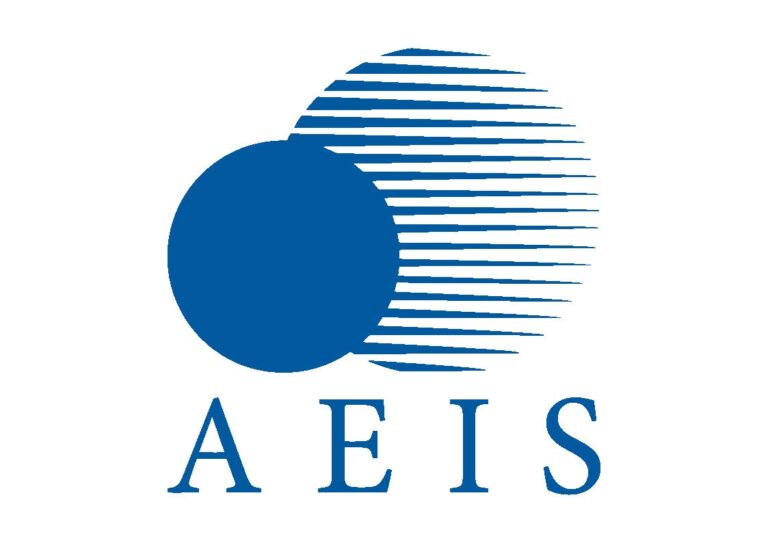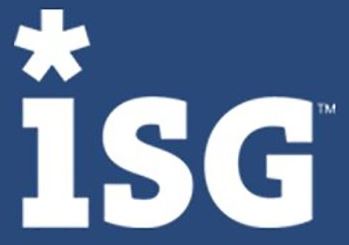U.S. manufacturers are increasingly engaging with service providers to address significant challenges around supply chains and new product requirements, according to a new research report published today by Information Services Group (ISG) (Nasdaq: III), a leading global technology research and advisory firm.
The 2022 ISG Provider Lens Manufacturing Industry Services report for the U.S. finds that manufacturers in two major sectors — automotive and semiconductors/hi-tech — have begun outsourcing a growing number of capabilities as each industry has gone through major changes over the past few years.
“U.S. manufacturers are operating under vastly different conditions than they faced before the pandemic,” said Bob Krohn, partner, manufacturing, at ISG. “In the case of the automotive industry, the fundamental focus of the product is simultaneously shifting from hardware to software.”
Automotive manufacturers in all markets, including the U.S., are in the midst of a long, complex transition from hardware-defined to software-defined vehicles, the report says. This revolution is driven partly by demand for a new generation of vehicles that will be autonomous, connected, electric and shared (ACES), and partly by the need to take advantage of modern, flexible development practices that originated in the hi-tech sector.
Traditional automotive firms in the U.S. have established sub-organizations focused on transforming the vehicle cockpit experience and re-engineering vehicle platforms around electric drivetrains, expanded computing power, automated driving functions and software upgradability, ISG says. They are reaching out to third parties for consulting, professional services and outsourced IT functions. Service providers are contributing expertise in fields including silicon customization, connectivity software and human-machine interfaces.
The U.S. technology sector, especially the semiconductor industry, is starting to respond to geopolitical disruptions over the past few years by significantly reshaping its supply chains, the report says. The effects of the COVID-19 pandemic, along with growing tension over China’s relationship to Taiwan, have forced chip manufacturers to recognize the dangers of relying on a single regional supply chain.
U.S. semiconductor firms such as Intel are working to build up their domestic fabrication capacity, while chip shortages continue to affect many industries, including automotive and health care, ISG says. In the U.S., the leading market for semiconductor design and R&D, a push to increase innovation capabilities had led to more engagements with providers of tools such as electronic design automation.
“Chipmakers in the U.S. are now strongly focused on business continuity,” said Jan Erik Aase, partner and global leader, ISG Provider Lens Research. “Service providers are essential partners in building up the capacity they need on the home front.”
The report also explores other issues affecting U.S. manufacturing, including the growing importance of product lifecycle management (PLM) and the ways in which some industries are working around chip shortages.
The 2022 ISG Provider Lens Manufacturing Industry Services report for the U.S. evaluates the capabilities of 37 providers across two quadrants: Product Engineering — Automotive Autonomous, Connected, Electric and Shared (ACES), and Product Engineering — Semiconductor and Hi-Tech.
The report names Capgemini, HCLTech, LTTS, TCS, Tech Mahindra and Wipro as Leaders in both quadrants. It names Cyient, eInfochips, HARMAN Digital Transformation Solutions (DTS), Infosys, LTIMindtree and UST as Leaders in one quadrant each.
In addition, Embitel, Ignitarium and Mobica are named Rising Stars — companies with a “promising portfolio” and “high future potential” by ISG’s definition — in one quadrant each.









